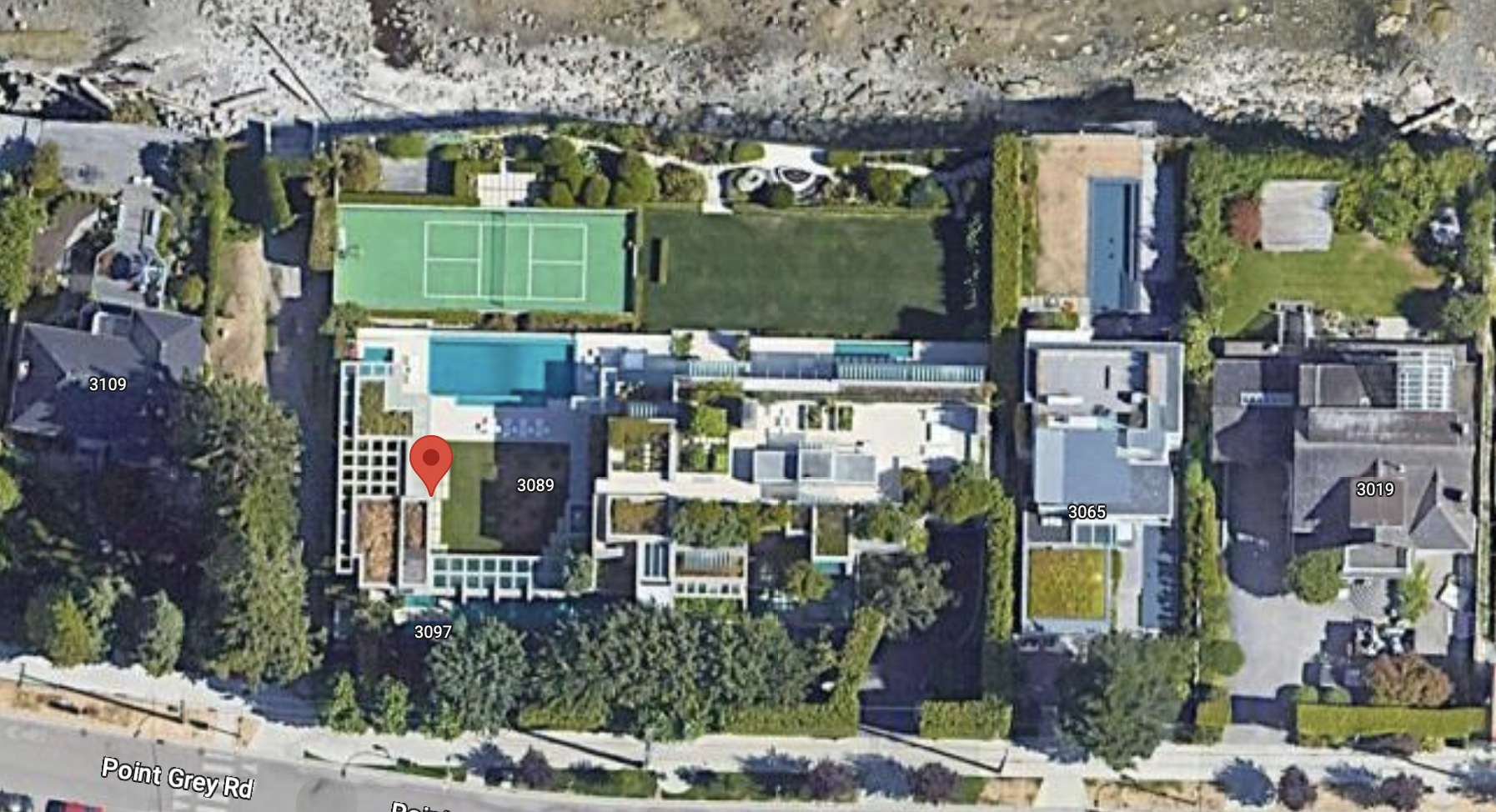A British Columbia-based economist has proposed several property tax policy options which he argues the provincial government could use to help address extreme wealth inequality.
Alex Hemingway, a senior economist at the Canadian Centre for Policy Alternatives’ (CCPA) B.C. office, noted that property wealth is a source of extreme inequality in the province, amid soaring property values and rising rents.
Vancouver, in particular, has earned a reputation for being among the most expensive cities in the world. Average rent for a one-bedroom apartment in the city now stands at nearly $2,800 per month.
Homeowners, meanwhile, have enjoyed years of rising property value. In July this year, the average benchmark price of a detached home in Vancouver was over $2 million, while apartments went for an average of $771,000, according to the Real Estate Board of Vancouver. Those prices represent 117 per cent and 109 per cent increases respectively over the past 10 years.
According to Hemingway, residential real estate wealth in B.C. currently stands at a total of $2.1 trillion, which he said remains only lightly taxed. This represents a $1.7 trillion increase in real estate wealth over two decades.
To distribute this wealth more fairly, Hemingway proposes five policy options: 1) doubling residential property tax rates on properties valued over $3 million and $4 million, in addition to adding another tax bracket for properties valued over $7 million 2) Applying these tax brackets to the entire real estate portfolio of a given owner, rather than to individual properties 3) Applying progressive property tax brackets at a lower threshold 4) ending the practice of cutting tax rates as property values increase and 5) Shifting property taxes towards a tax on land value (where the vast majority of real estate wealth is found).
Hemingway writes that B.C.’s NDP government has taken some steps toward taxing residential property wealth, but these have been limited in their scope and effectiveness.
For example, the government added two brackets on the provincial portion of property taxes: 0.2 per cent on properties valued over $3 million and 0.4 per cent on those valued over $4 million. These rates are fixed and do not decrease annually as property values rise.
The introduction of those new tax brackets in 2018 prompted an angry backlash from some residents of Vancouver’s wealthiest neighbourhoods. An astroturf group by the name of “Step Up” was founded with support from right-wing millionaires to campaign against the tax and to try to unseat David Eby, the current premier and formerly a cabinet minister who crafted the new tax brackets. The campaign has so far been unsuccessful in both these endeavours.
However, Hemingway explains: “These recent property tax reforms are very small relative to the huge increases in land wealth. For example, while $223 million was raised last year by the new Additional School Tax brackets, that’s a drop in the bucket compared to residential property value gains of $1.7 trillion since 2005.”
Hemingway notes that while his proposed measures would go further in extending B.C.’s progressive tax brackets, they would inevitably come with political challenges. He writes:
“While property wealth is highly concentrated, it still financially benefits a substantial portion of BC households … Property taxes seem to cause an unusual level of animus in part because they are so salient: they don’t automatically come off of paycheques and they’re paid in a lump sum.”
As such, Hemingway notes that the more narrowly targeted measures he proposes could be prioritized as more politically viable options, although this would leave hundreds of billions of dollars in private wealth gains untouched.
The tax reform measures would also need to be accompanied by other changes, such as “massively increas[ing] public investment in non-market housing and increas[ing] overall housing supply by dismantling municipal roadblocks like exclusionary zoning.”
Alex Cosh is the news editor of The Maple.
Now, let's turn to the members' corner...
The housing crisis is being felt all across Canada, but B.C. is one of its key epicentres. Here's what else you need to know.
